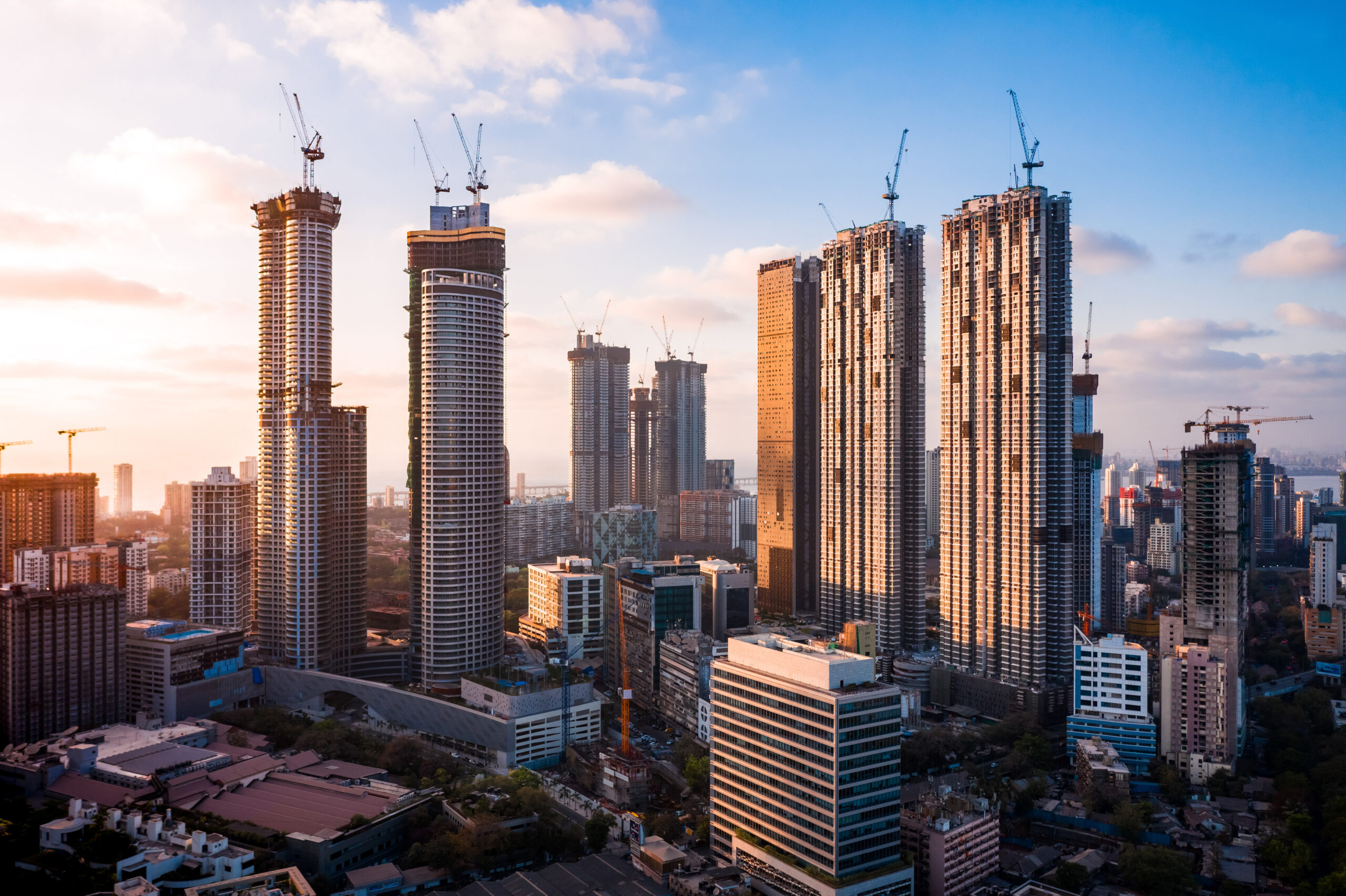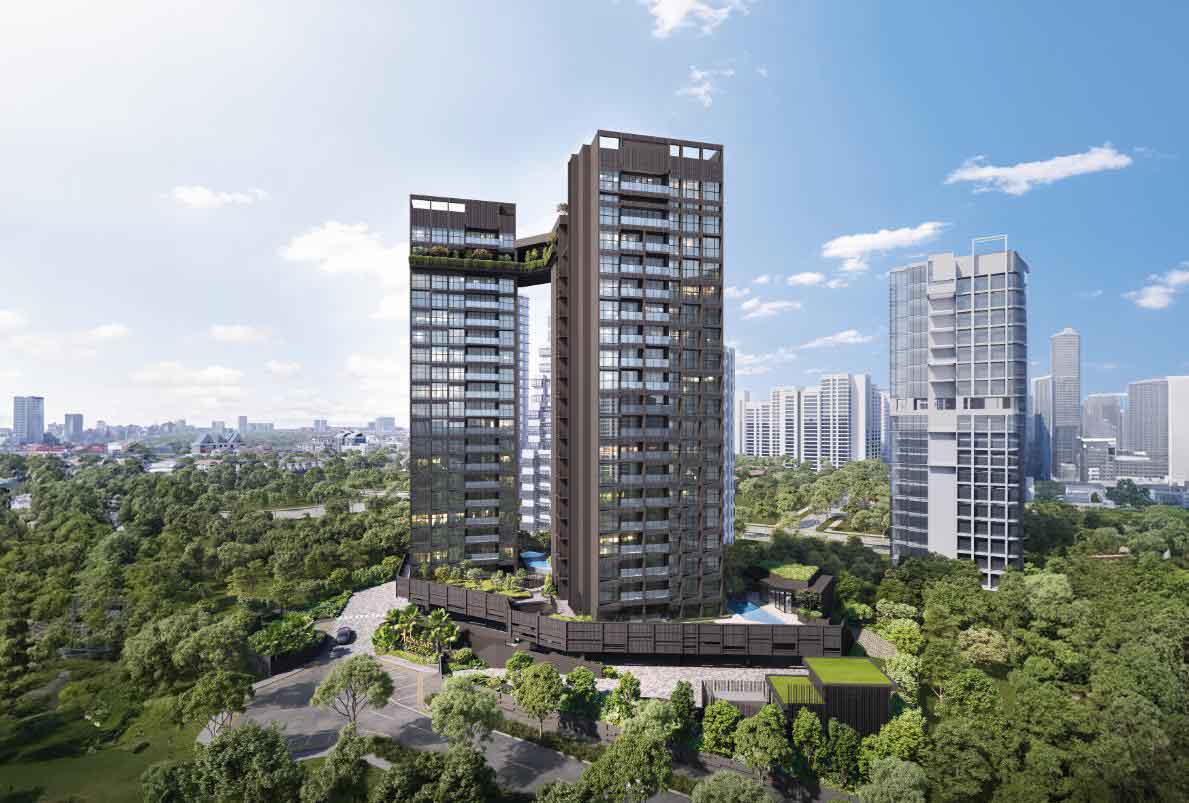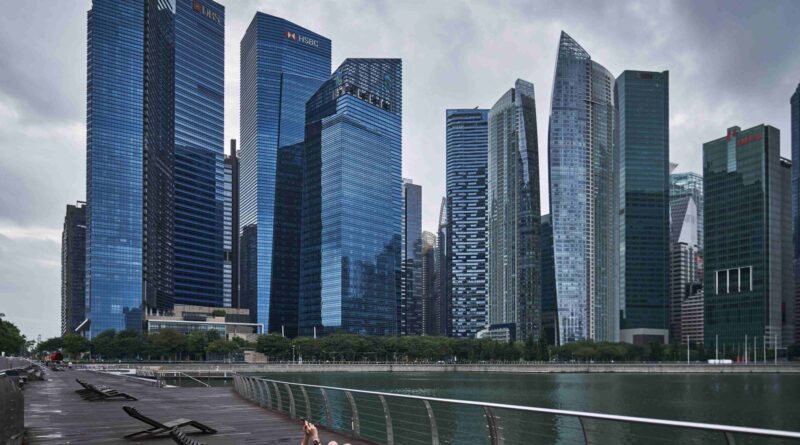As the sun rises over the iconic skyline of Singapore, the property market captures the attention and imagination of investors, homeowners, and dreamers alike. But amidst the shimmering high-rises and the promise of a vibrant urban future, a pressing question emerges: Is now the right time to dive into the multifaceted world of real estate in this dynamic city-state? With rising interest rates, changing government policies, and shifting demographic trends creating an intricate tapestry of market dynamics, understanding the landscape is more important than ever.
In this article, we will unravel the current property trends, exploring the interplay of local demand, foreign investment, and economic indicators that influence buyer sentiment. Join us as we navigate through the complexities of Singapore’s real estate market, examining whether the time is ripe for purchasing property or whether caution is the better course.
Understanding Market Trends: A Historical Perspective

To truly grasp whether now is the right time to buy property in Singapore, one must confront the ebbs and flows of the market through a historical lens. Over the past few decades, Singapore\’s real estate sector has traversed a remarkable journey, marked by periods of explosive growth often followed by retractions that recalibrated investor expectations.
The 2008 global financial crisis, for instance, revealed vulnerabilities previously masked by a booming economy, prompting a reevaluation of risk and reward in real estate investments. Fast forward, the post-pandemic landscape has introduced a different set of dynamics—shifts in buyer behavior, regulatory adjustments, and evolving population demographics all contribute to the tapestry of current market conditions.
In this environment, developments like River Green Condo reflect the type of modern, strategically positioned properties that continue to attract investor interest. Thus, understanding these historical patterns not only sheds light on past behavior but also equips potential buyers with the contextual knowledge essential for making informed decisions in today\’s evolving environment.
Economic Factors Influencing Property Prices in Singapore

Economic factors play a pivotal role in shaping property prices in Singapore, a dynamic market that has witnessed both rapid growth and occasional fluctuations. The nation’s robust economy, characterized by steady GDP growth, low unemployment rates, and a burgeoning tech sector, has bolstered demand for housing. However, external influences such as global economic trends, interest rates, and inflation also ripple through the real estate landscape, impacting buyer sentiment and affordability.
For instance, a rise in interest rates can deter potential homeowners, forcing them to reconsider their investments. Conversely, government policies aimed at cooling the market, like increased stamp duties or stricter loan-to-value ratios, can lead to a contraction in demand, thereby affecting prices.
As prospective buyers assess whether now is the right time to invest, they must navigate this complex web of economic indicators and government interventions that collectively define the rhythm of Singapore’s property market.
Government Policies: Impact on Property Investment

Government policies play a pivotal role in shaping the landscape of property investment in Singapore, influencing both investor sentiment and market dynamics. The recent cooling measures, aimed at curbing speculative buying, have introduced heat into an otherwise tepid market.
With rising interest rates and tighter mortgage regulations, many potential buyers find themselves recalibrating their expectations. Simultaneously, government initiatives like the Enhanced CPF Housing Grant present opportunities for first-time homeowners, even as they navigate a more competitive landscape.
This intricate interplay of regulations and incentives creates a unique environment where cautious optimism must be balanced with strategic foresight. As investors assess the landscape, understanding these policies becomes essential, shaping their decisions as they ponder whether now is the right moment to dive into the Singapore property market.
Conclusion
In conclusion, navigating the Singapore property market requires a keen understanding of current trends and potential opportunities. As we evaluate the evolving landscape, factors such as market stability, government policies, and consumer demand play crucial roles in determining the right moment to invest.
For prospective buyers contemplating their next move, properties like the River Green condo exemplify the appeal of modern living amid a thriving urban environment. Ultimately, while market conditions may fluctuate, informed decisions backed by thorough research can pave the way for successful investments in Singapore’s dynamic real estate market.


